On 19 May, this workshop will bring together faculty and graduate students to investigate the connections between probability, determinism and agency.
Programme
| 13:45–15:00 | Ignacio Ojea Quintana (Columbia): “Pooling in the Presence of Radical Disagreement” | LAK.206 | |
| 15:00–16:15 | Christian List (LSE): “Free Will and Determinism” | LAK.206 | |
| 16:45–18:00 | Chloé de Canson (LSE): “The Method of Arbitrary Functions” | LAK.206 | |
| 18:00–19:15 | Mike Otsuka (LSE): “Could I Have Won the Lottery I Lost?” | LAK.206 | |
Abstracts
Chloé de Canson (LSE): “The Method of Arbitrary Functions”
There is widespread excitement in the literature about the method of arbitrary functions: many believe that it might provide a novel objective basis for non-trivial probabilities against a background of determinism. In this paper, I argue that it cannot.
Christian List (LSE): “Free Will and Determinism”
I defend the view that free will is compatible with physical-level determinism. I accept that a necessary condition for free will is the ability to do otherwise (and that this should be understood modally), but I argue that the kinds of alternative possibilities needed for free will require agential-level indeterminism, as distinct from physical-level indeterminism. Physical-level indeterminism is neither necessary nor even sufficient for agential-level indeterminism. Our best theories of agency support agential-level indeterminism.
18:00–19:15 Mike Otsuka (LSE): “Could I Have Won the Lottery I Lost?”
It follows from plausible claims about the laws of physics and the narrowness of the most relevant reference class that the positive chances between 0.0 and 1.0 that lotteries yield are almost certainly merely epistemic rather than objective. It is, for example, merely a matter of our ignorance that a given fair coin toss confers a 0.5 chance of landing heads. In actual objective fact, the chances of its landing heads are almost certainly either 0.0 or 1.0.
Ignacio Ojea Quintana (Columbia): “Pooling in the Presence of Radical Disagreement”
This paper is of programmatic nature. I begin by presenting a problem that has been avoided in the social epistemology literature: how to aggregate or pool probabilistic opinions when there is a fundamental disagreement about which is the relevant sample or event space. Later I map the different forms these disagreements can have. Finally, I suggest a solution using imprecise probabilities as well as different notion of consensus.
Featured image credit: Rhett Maxwell / CC BY 2.0, via Wikimedia Commons




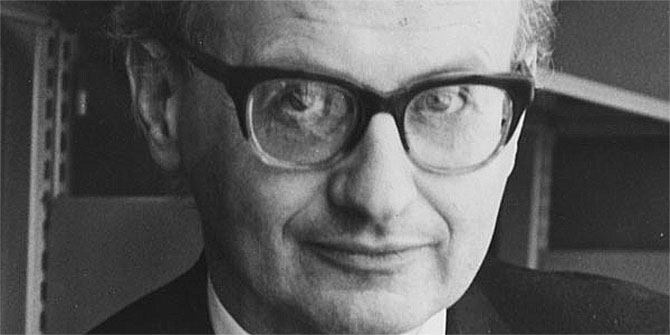
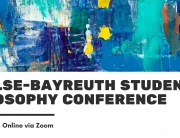
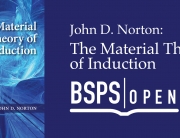


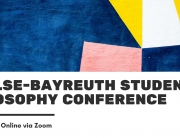

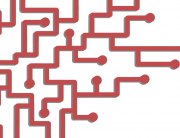


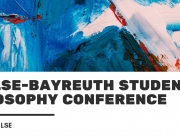





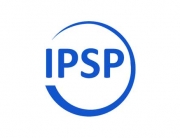











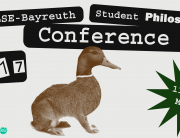

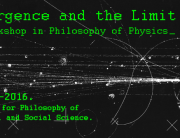




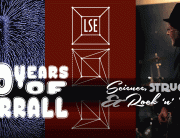


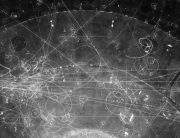

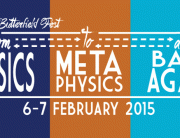
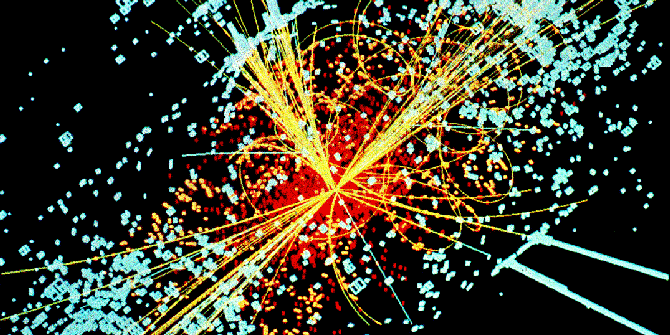
Connect with us
Facebook
Twitter
Youtube
Flickr